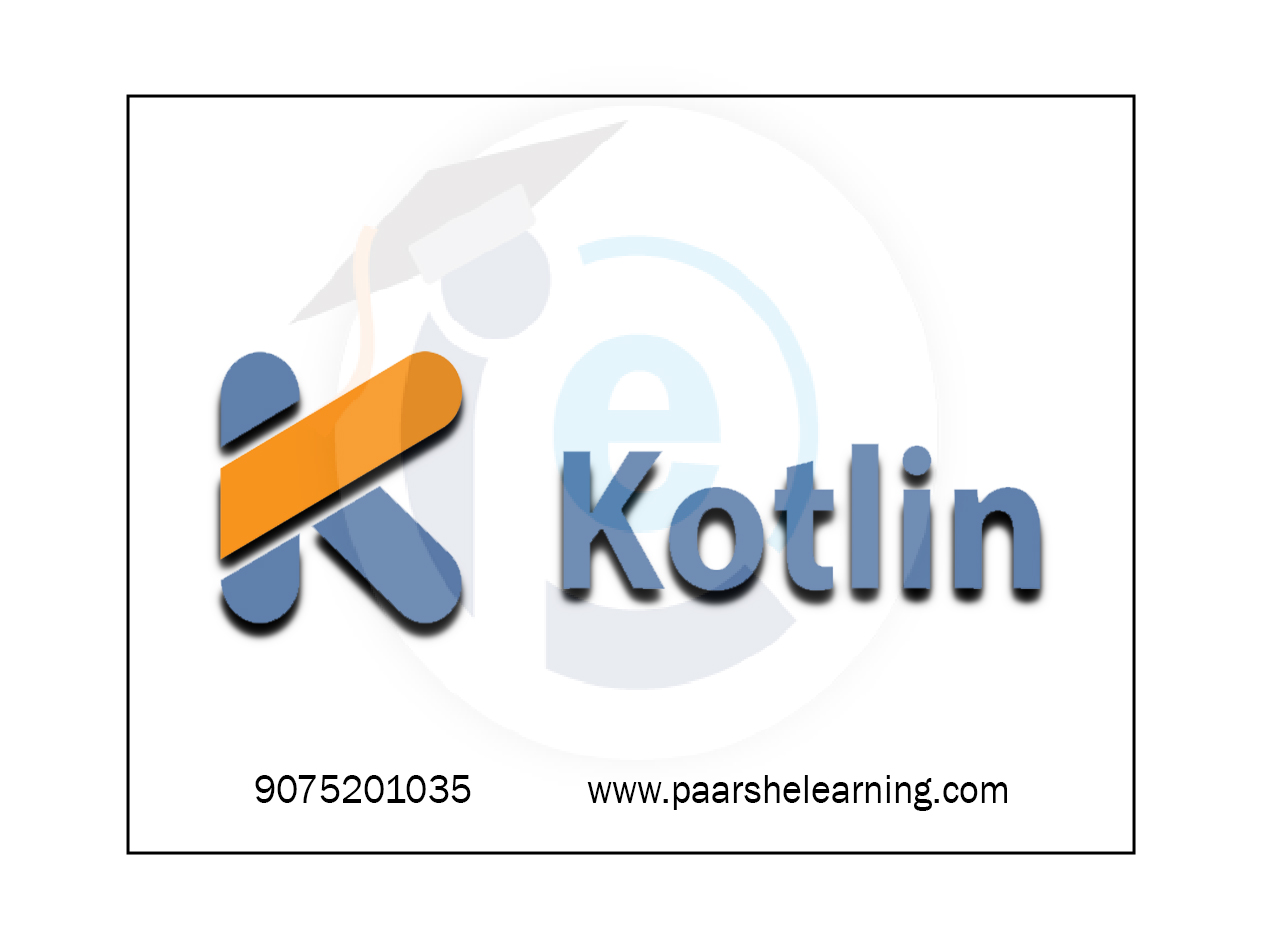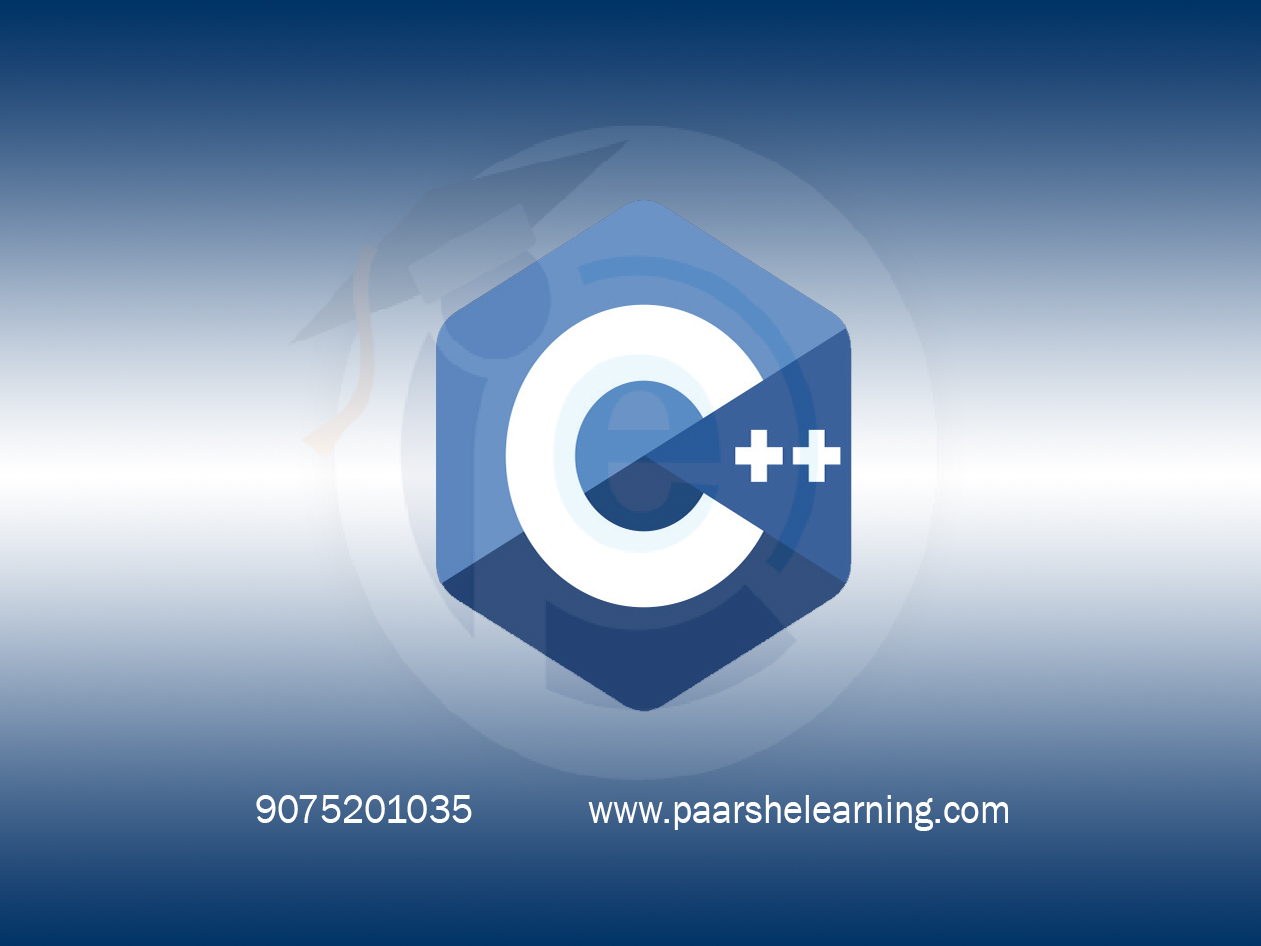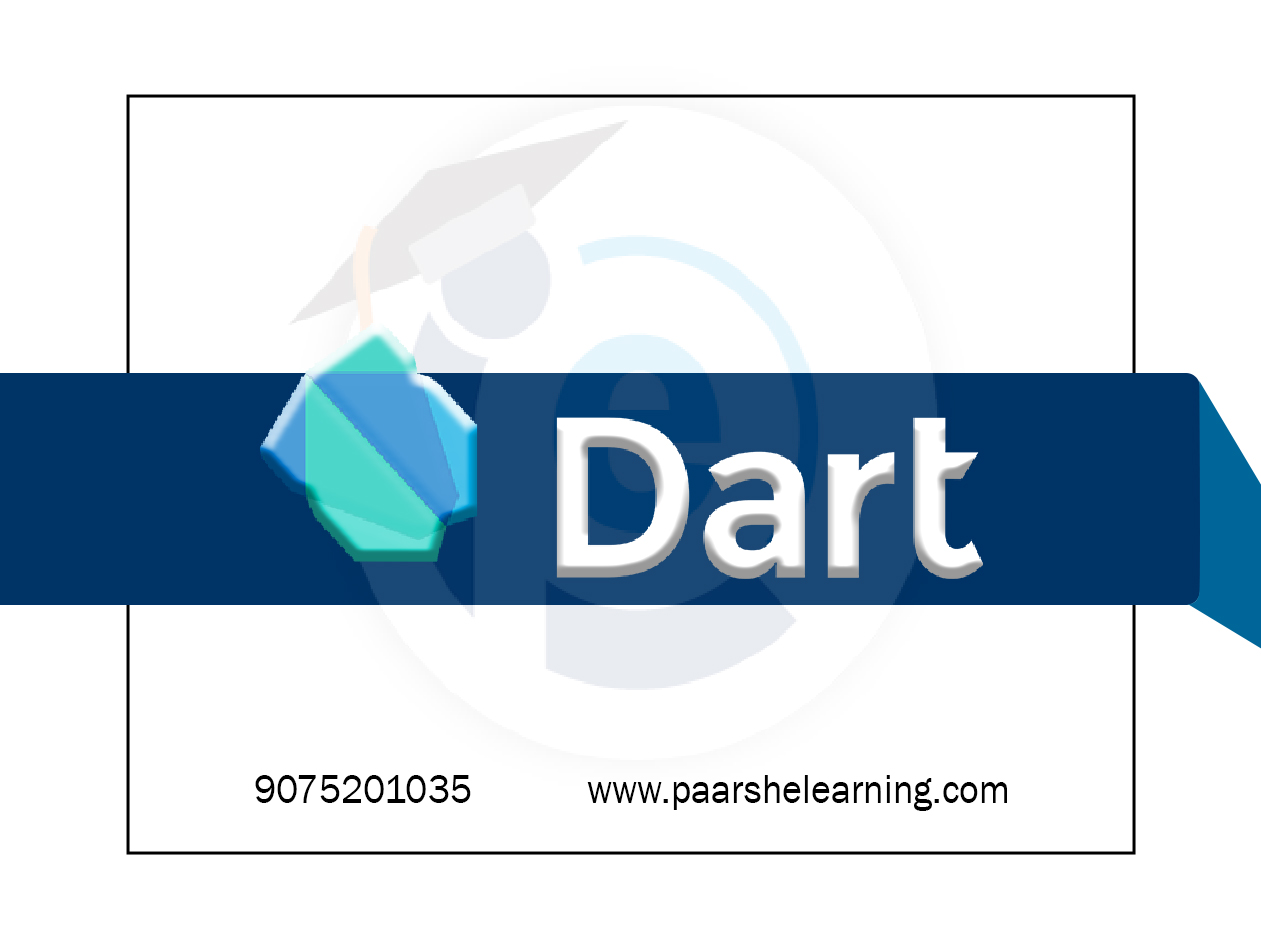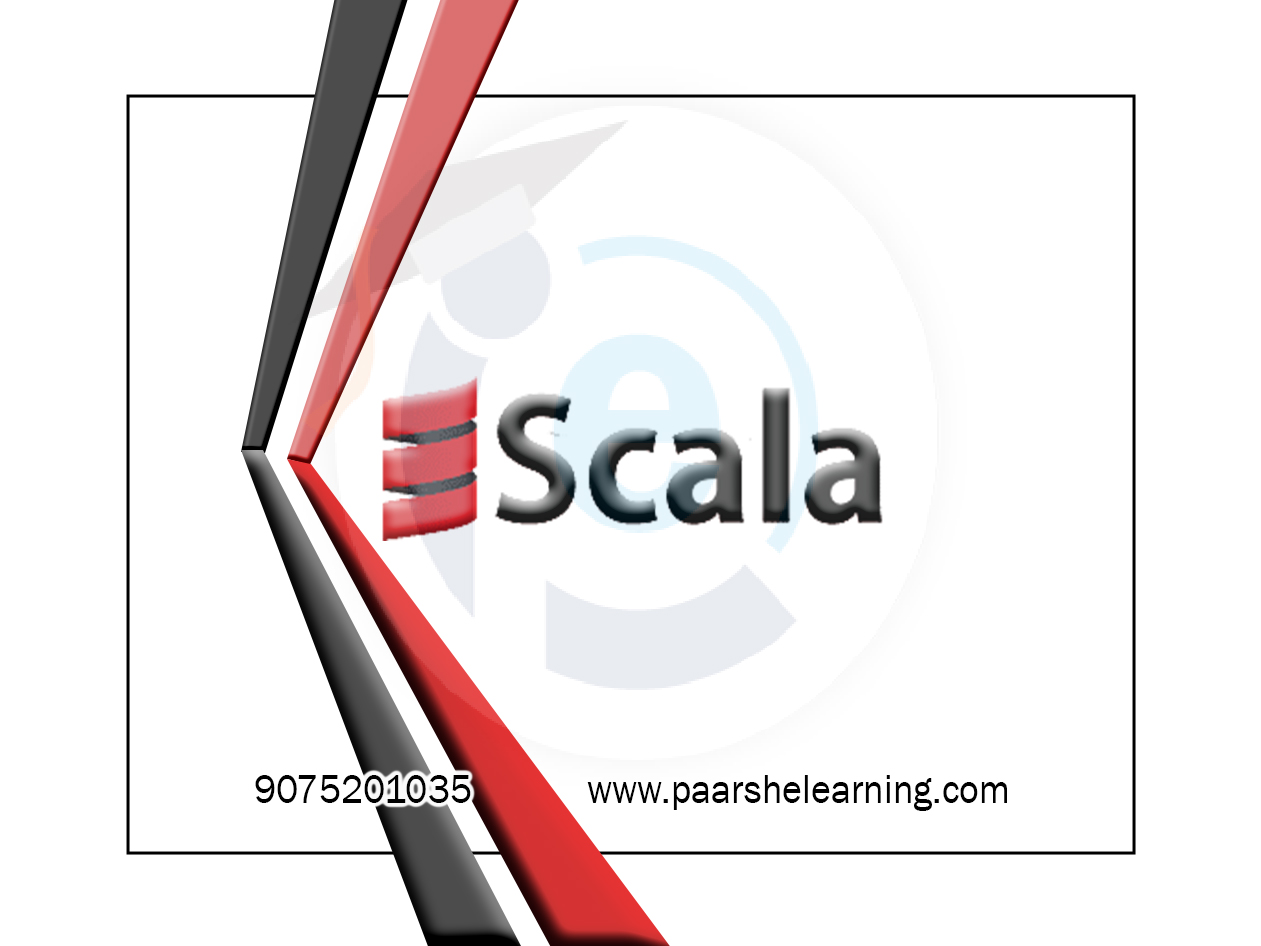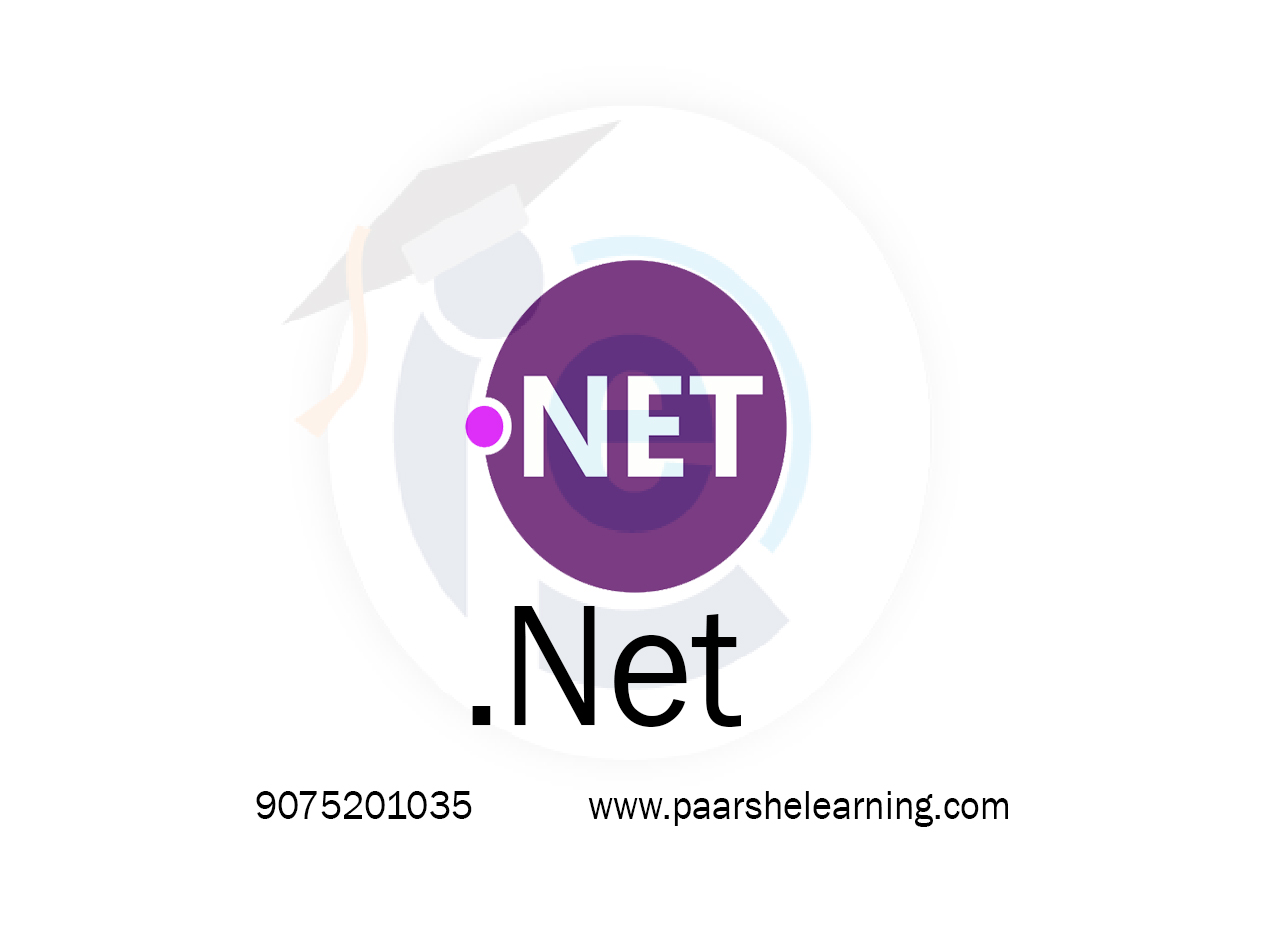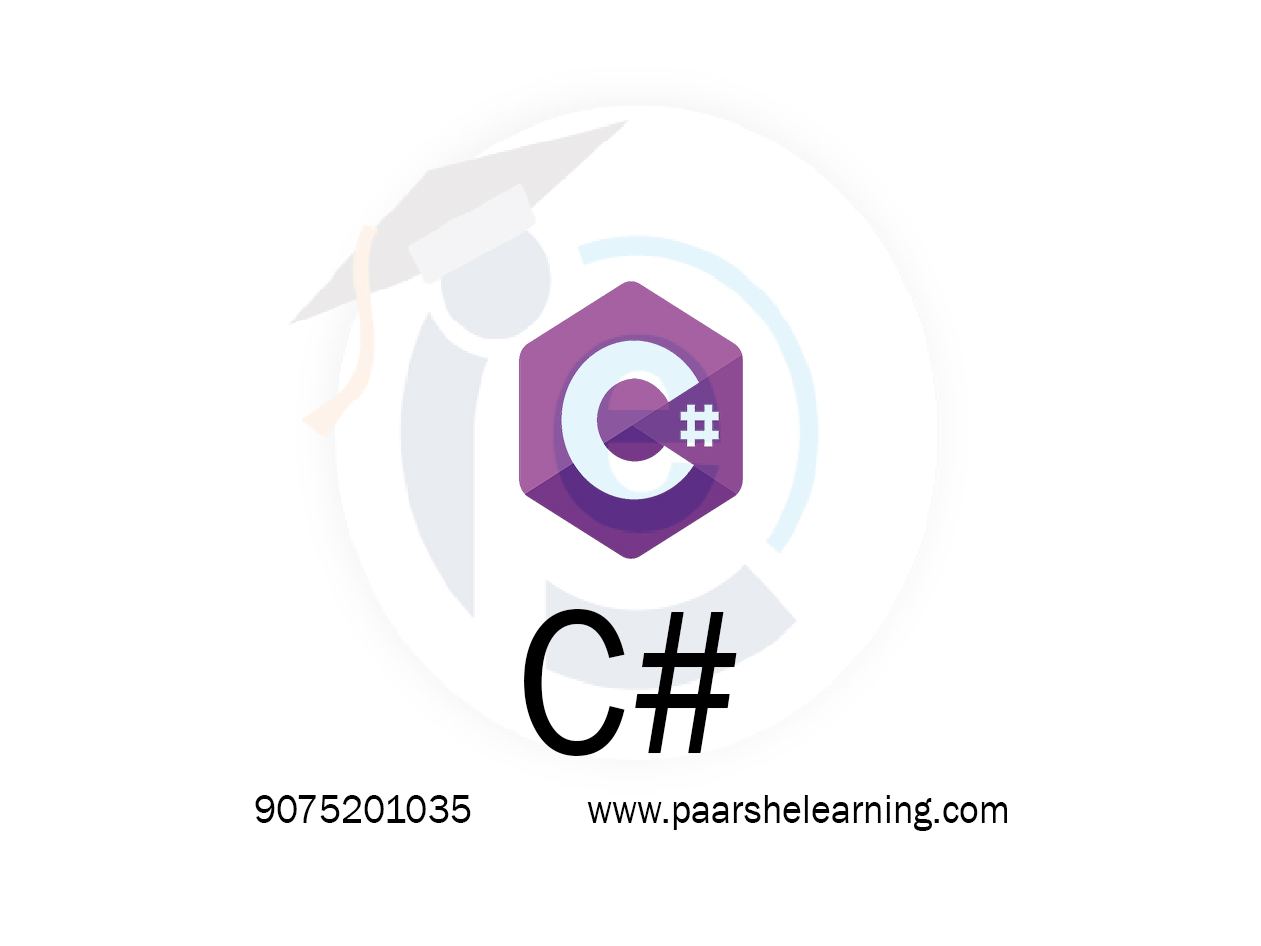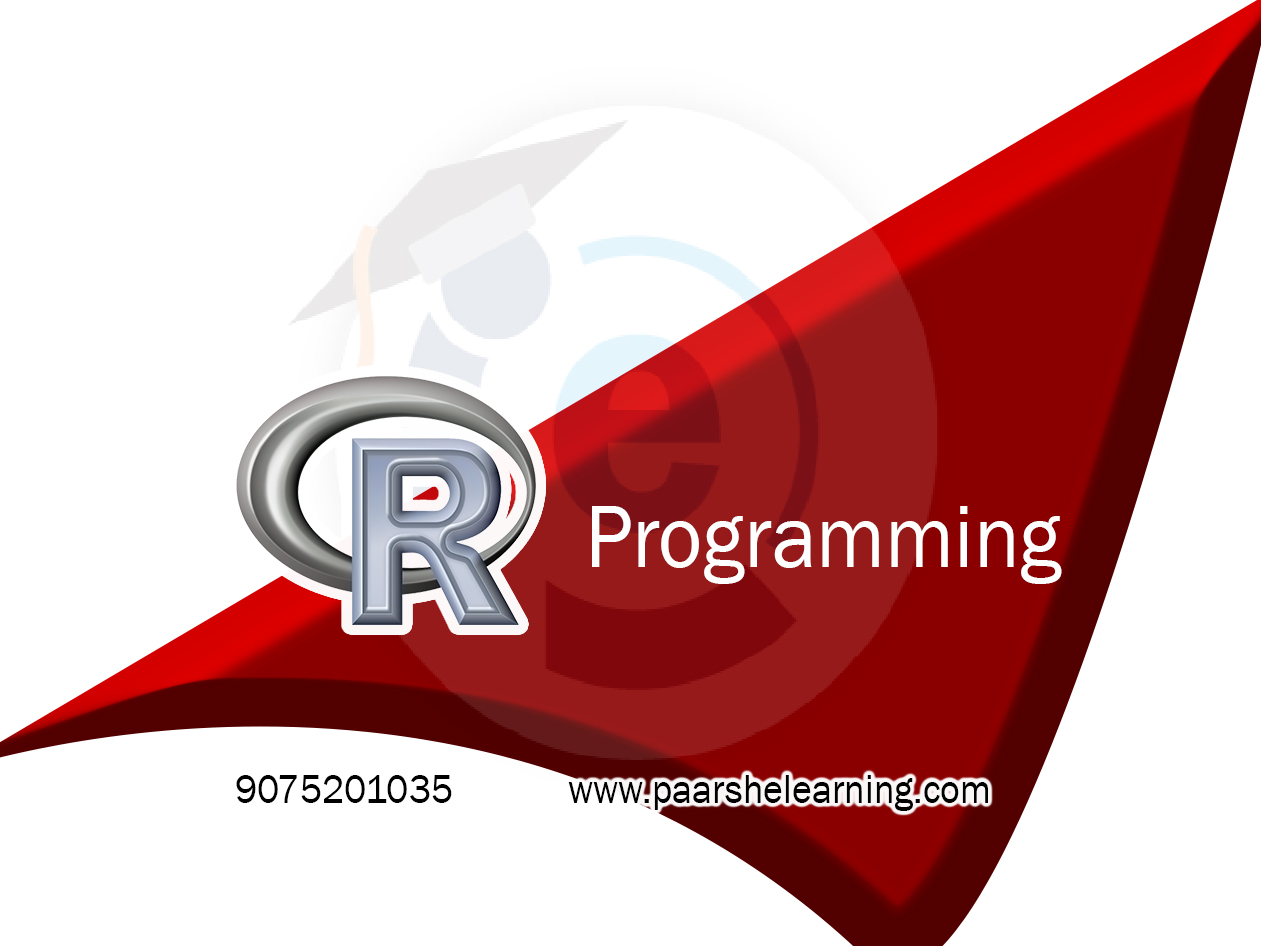- Basic syntax and data types: You will learn how to use variables, data types, and basic control structures in Kotlin.
- Object-oriented programming: Kotlin is an object-oriented language, so you will learn about classes, objects, inheritance, and polymorphism.
- Functions: Kotlin has a variety of functions that can be used in different ways, including extension functions, higher-order functions, and lambdas.
- Null safety: Kotlin has a strong focus on null safety, which means you will learn how to handle null values and avoid NullPointerExceptions.
- Collections: Kotlin has many collection types that are used to store and manipulate data, such as lists, sets, and maps.
- Coroutines: Kotlin has built-in support for coroutines, which are used for asynchronous and concurrent programming.
- Android development: Kotlin is the preferred language for Android development, so you may learn how to use Kotlin to build Android applications.
- Server-side development: Kotlin can also be used for server-side development, so you may learn how to build RESTful APIs and other server-side applications.
- Best practices and coding standards: You will learn about best practices and coding standards in Kotlin to ensure that your code is efficient, maintainable, and readable.
Kotlin
Course description
Kotlin is a statically typed programming language developed by JetBrains, commonly used for building Android applications, server-side applications, and web applications. A Kotlin course would typically be focused on teaching the Kotlin programming language and its application in developing software using various frameworks or platforms.
The target audience for a Kotlin course could vary, but it is generally suitable for:
-
Beginner programmers: A Kotlin course may be designed for individuals who are new to programming and want to learn the basics of programming using Kotlin as their first language.
-
Android developers: Kotlin is the recommended programming language for developing Android applications, and therefore a Kotlin course may be targeted towards mobile app developers who want to learn how to build Android apps using Kotlin.
-
Server-side developers: Kotlin can also be used for building server-side applications, particularly with frameworks like Spring Boot or Ktor. A Kotlin course may be suitable for server-side developers who want to learn how to build scalable and efficient web applications.
-
Software developers: Kotlin is a general-purpose programming language, so a Kotlin course may be appropriate for software developers who want to add Kotlin to their skill set for building various types of applications.
-
Individuals interested in app development: If you are interested in app development and want to learn a modern programming language that is used in building Android apps, a Kotlin course may be suitable for you.
The prerequisites for a Kotlin course may vary depending on the course level and institution offering the course. However, here are some common prerequisites that may be required or recommended for a Kotlin course:
-
Basic programming knowledge: It is recommended to have some basic programming knowledge, such as familiarity with programming concepts like variables, control structures, and functions.
-
Familiarity with object-oriented programming: Kotlin is an object-oriented language, so familiarity with object-oriented programming concepts like classes, objects, and inheritance may be beneficial.
-
Familiarity with a programming language: Some knowledge of another programming language may be helpful in understanding the concepts and syntax of Kotlin.
What you will learn from this course?
This course includes!
- Daily Live session
- Access on Mobile and TV
- Certificate of completion
- Recommendation Letter
- Free lifetime access
- Resume building sessions
- 100% Job Placement
This course is for
- Beginner programmers: Kotlin is a great language for beginners because it has a clean syntax and is easy to learn.
- Mobile app developers: Kotlin is the preferred language for Android app development, so if you are interested in building mobile apps, a Kotlin course can help you get started.
- Server-side developers: Kotlin can also be used for server-side development, so if you are interested in building web applications or RESTful APIs, a Kotlin course can help you learn the necessary skills.
- Experienced programmers: If you already have experience with another programming language, a Kotlin course can help you learn a new language and expand your skill set.
- Software engineers: Kotlin is used by many software companies, so if you are a software engineer or are interested in pursuing a career in software development, a Kotlin course can help you develop the skills you need to succeed.
- Development environment setup: You should have a development environment set up on your computer, such as IntelliJ IDEA or Android Studio, which are popular IDEs used for Kotlin development.
Prerequisites for this course
- Basic programming knowledge: It is helpful to have a basic understanding of programming concepts like variables, data types, and control structures.
- Object-oriented programming knowledge: Since Kotlin is an object-oriented language, having a basic understanding of object-oriented programming principles like inheritance, polymorphism, and encapsulation is beneficial.
- Familiarity with Java: Kotlin is interoperable with Java, so having some familiarity with Java programming can help you understand Kotlin code more easily.
- Motivation and willingness to learn: Finally, it is important to have the motivation and willingness to learn new programming concepts and put them into practice.
- Development environment setup: You should have a development environment set up on your computer, such as IntelliJ IDEA or Android Studio, which are popular IDEs used for Kotlin development.
Kotlin Language Syllabus
-
Introduction To Kotlin Programming
Understanding the features and benefits of Kotlin Setting up the Kotlin development environment Basics of Kotlin syntax and structure Writing and running your first Kotlin program
-
Variables, Data Types, And Operators
Introduction to data types: Int, Double, String, etc. Working with variables and constants Using arithmetic, relational, and logical operators Type inference and declaration syntax in Kotlin
-
Control Flow And Decision Making
Implementing if, else if, and else expressions Using when expressions for pattern matching Working with loops: for, while, and do-while Using break and continue statements
-
Functions And Functional Programming
Defining and calling functions in Kotlin Function parameters and return types Introduction to functional programming concepts Using higher-order functions and lambda expressions
-
Null Safety And Smart Casts
Understanding null references and null safety in Kotlin Using the safe call operator (?.) and the Elvis operator (?:) Working with nullable and non-nullable types Utilizing smart casts for type checks
-
Object-oriented Programming In Kotlin
Defining classes and objects in Kotlin Constructors, methods, and properties Inheritance, interfaces, and abstract classes Data classes and sealed classes in Kotlin
-
Collections And Functional Operations
Working with lists, sets, and maps in Kotlin Performing operations on collections using map, filter, etc. Understanding extension functions and infix notation Utilizing the Kotlin Standard Library functions
-
Android Development With Kotlin
Introduction to Android app development using Kotlin Creating layouts and user interfaces with XML and Kotlin Handling user input and navigation in Android apps Building a complete Android app using Kotlin
-
Paarsh E-Learning encourages hands-on practice, assignments, and projects throughout the course to reinforce students' understanding of Kotlin programming concepts. Assign projects that gradually increase in complexity to challenge their skills. Cover both theoretical concepts and practical coding exercises to provide a well-rounded learning experience.
